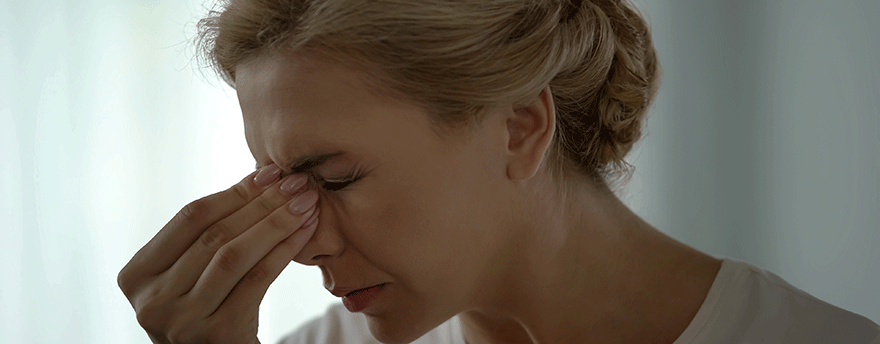New hope for migraine sufferers

Migraine is the leading cause of disability among all neurological disorders with more than 50% of migraine sufferers unhappy with their current treatment. Now a double-blind randomised controlled trial of live bacteria supplements in both chronic and episodic migraine sufferers has shown dramatic improvements in symptoms.
The trial, published in January 2019 in the peer-reviewed journal Cephalalgia, involved a new supplement, Bio-Kult Migréa, and is the first successful controlled trial showing a benefit of a probiotic in the management of migraine headaches.
The Migraine Trust reports that the disease is more prevalent than diabetes, epilepsy and asthma combined and affects three times as many women as men, with this higher rate being most likely hormonally driven.
Research suggests that 3,000 migraine attacks occur every day for each million of the general population. This equates to over 190,000 migraine attacks every day in the UK.
More than three-quarters of sufferers experience at least one attack each month, and more than half experience severe impairment during attacks. Migraine often starts at puberty and most affects those aged between 35 and 45 years, but it can trouble much younger people including children.
About 4% of boys and girls in pre-pubertal age suffer from migraine. As children get older there is a predominance among girls. Less than 50% of migraine patients are satisfied with their current treatment. The majority self-medicate using non-prescription (over-the-counter) medication and do not seek medical help.
The trial found that the 14 strains of live bacteria in Bio-Kult Migréa significantly reduced both episodic and chronic migraine frequency and severity and reliance on medication in as little as eight weeks. It contains magnesium and vitamin B6 both of which contribute to the normal functioning of the nervous system, and the reduction of the tiredness and fatigue that often accompany migraine attacks.
More information on migraine here.
Read more Insights here...